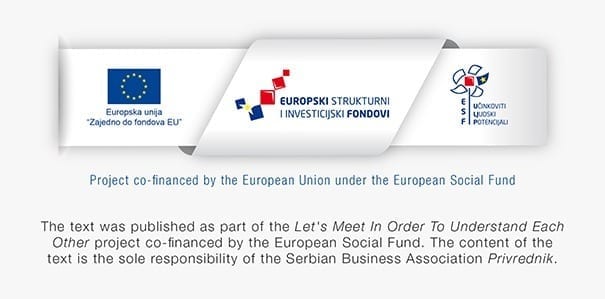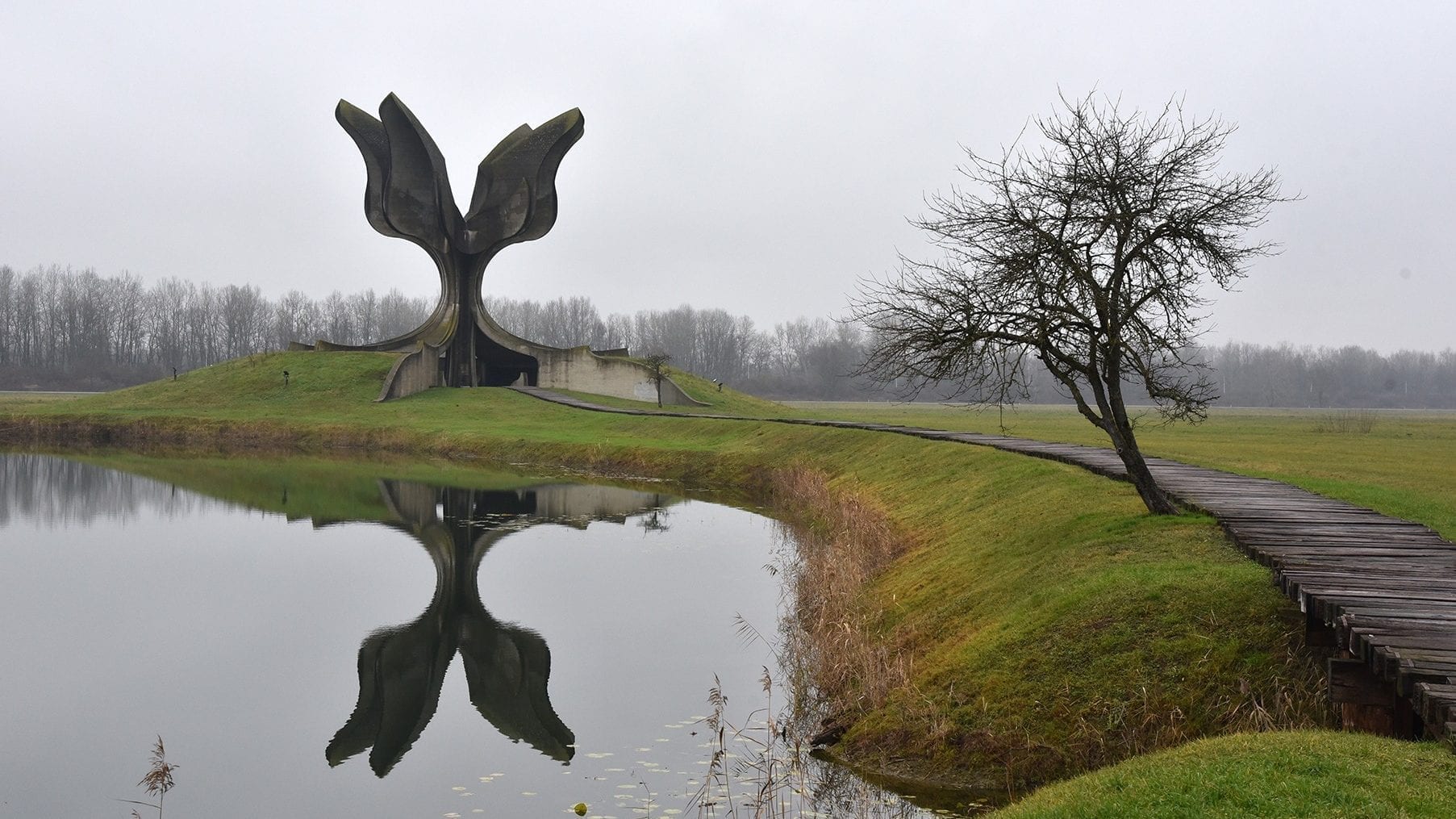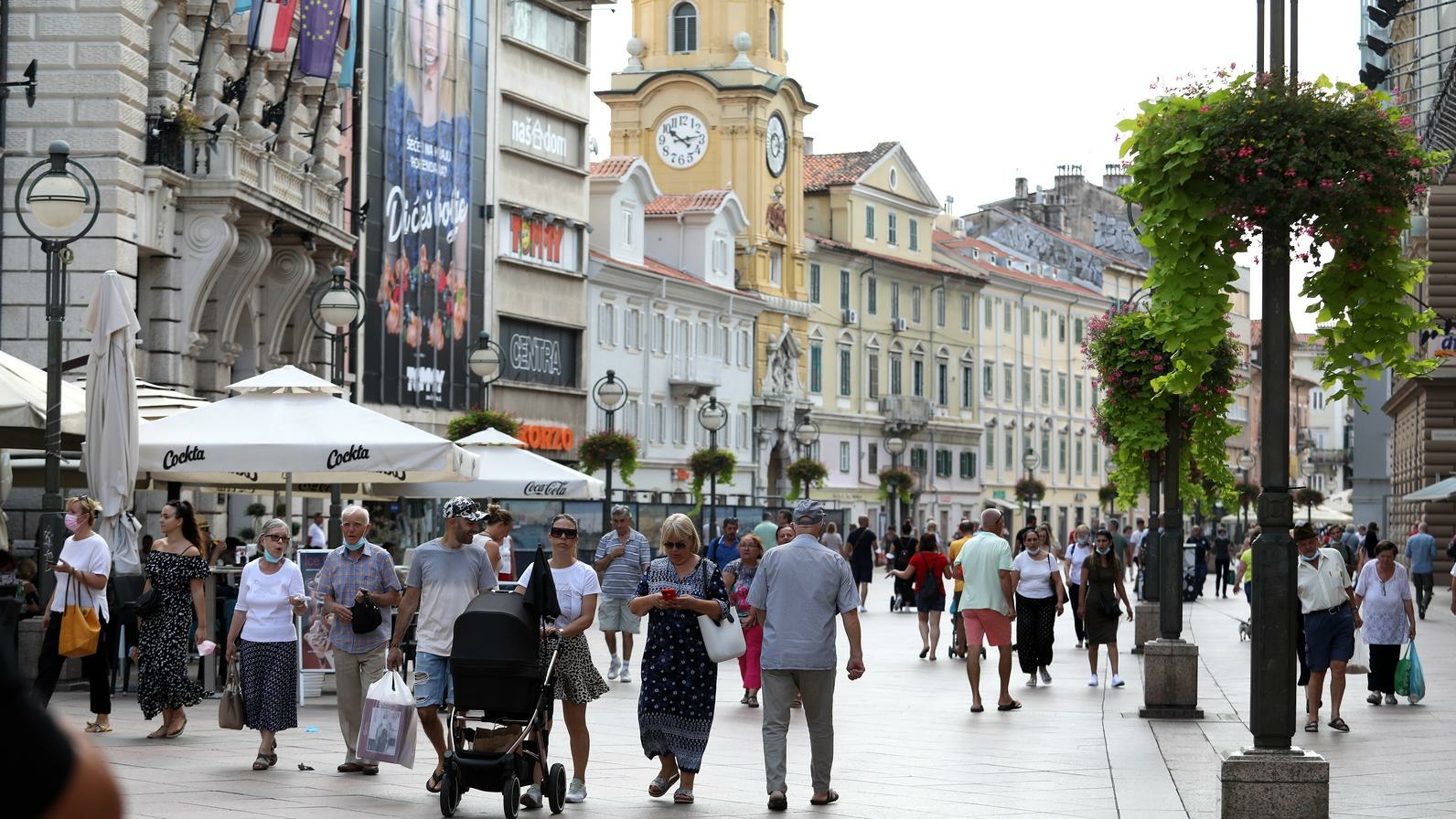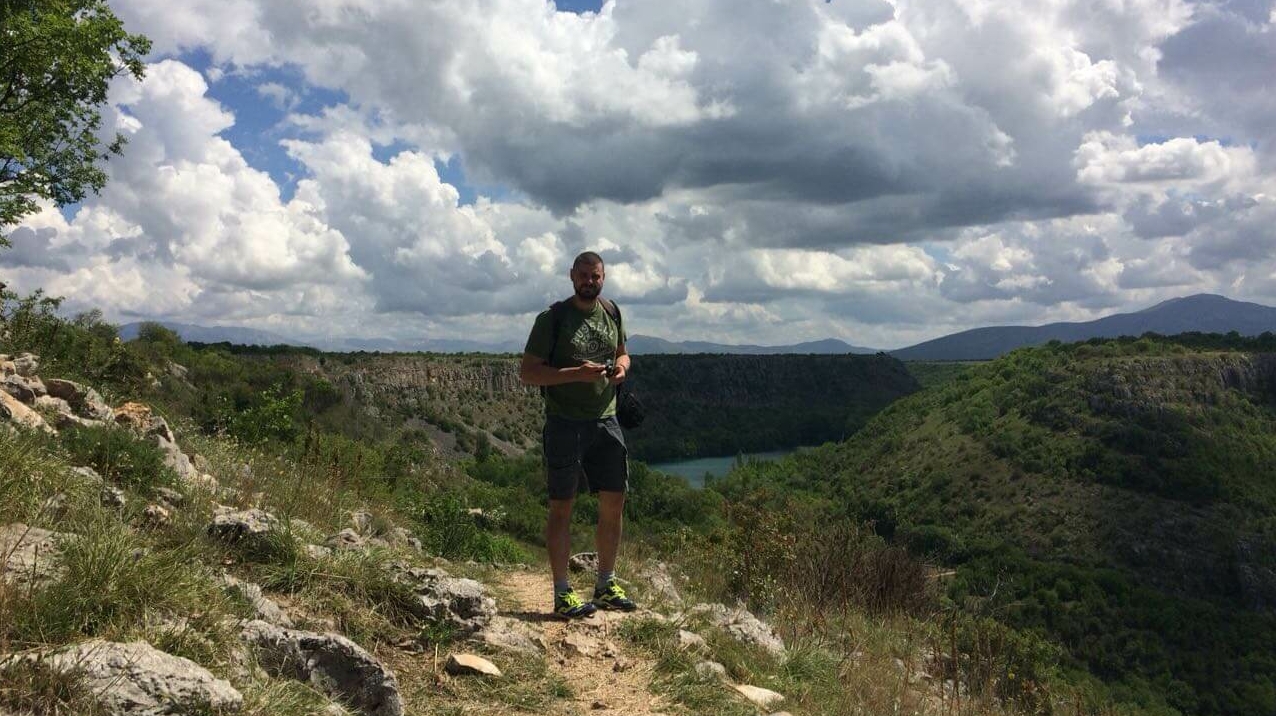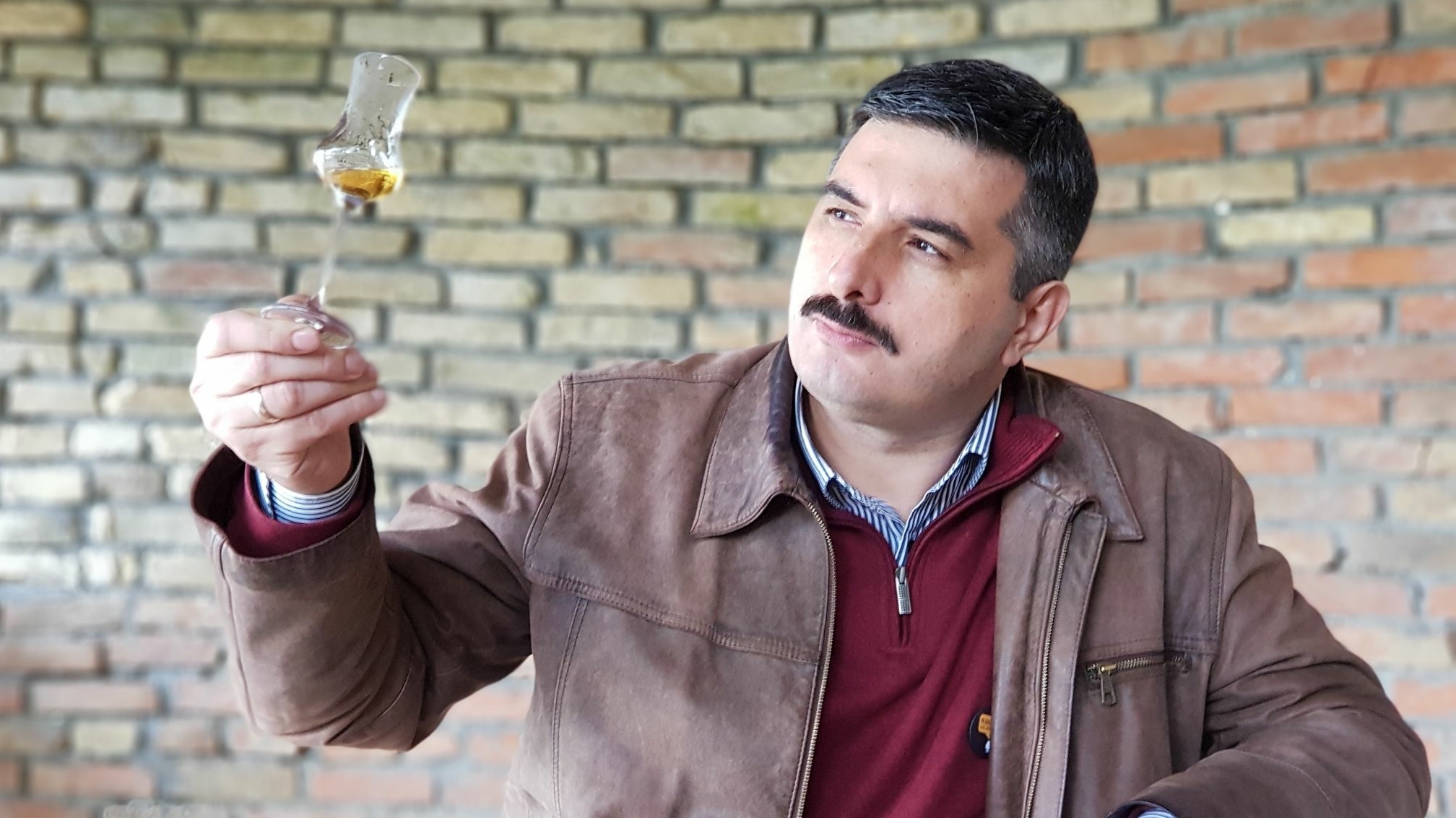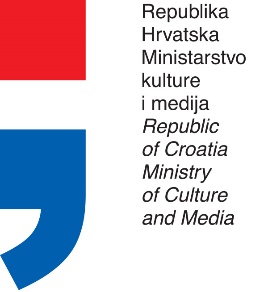The journalists’ code of ethics clearly defines responsible and professional journalism. Nevertheless, many media choose to circumvent these rules, believing it will bring readers and, in the end, profit. Very often they are proven right. Adding the fact that public warnings against violating ethical standards do not carry fines or other penalties, this means a perfect “working” environment for “offenders”: the number of readers grows, and nobody sanctions them, whatever they write. At worst, they will not be considered particularly reputable in media circles, but that is a price they are willing to pay. Along the way, they forget that readers are not imaginary numbers showing the number of views but people, individuals we move amongst and share our everyday lives with. If they are inundated with, say, hate speech, several times a day for years, what kind of citizens can we expect them to grow into? The answer is obvious.
These consequences are especially evident in the example of reporting about wars and suffering in this region. Reading these texts and the readers’ comments beneath them, one is gripped by the feeling that we have been stuck in time for more than two decades. Or, more correctly, the reporting of mainstream media has remained the same, almost as if that was precisely their goal.

Using the examples of two commemorations – one extensively covered in the media, the other barely covered – we tried to determine in what way the most read news portals in Croatia bring news to their readers and what means they use.
According to a media market analysis from January 2021 carried out by Gemius Audience, three most read news portals are 24sata.hr, vecernji.hr and dnevnik.hr. The following text is an analysis of the media discourse on the subject of commemorations in Vukovar and Jasenovac on these three news portals.
Vukovar – tragedy for sale
The analysis of media reporting about the commemoration in Vukovar includes 93 published texts. Apart from the main topic – the commemoration – the secondary topics in these texts are domestic and foreign policy. This shows that Vukovar plays one of the key roles in defining the relations between Serbia and Croatia today, as well as in defining the politicians’ – the Government’s – treatment of national minorities living in the country.
The predominant problem evident after the analysis concerns the titles: 67% of titles were sensationalist. The use of such titles increases intolerance between nations and national minorities, causes readers who have experienced war to relive their trauma and, finally, encourages new violent and discriminatory acts, which is especially evident in the comments under such texts. Emotional statements of victims’ families are very often taken out of context, adding to the dramatic and pathetic tone to increase the readership of the news portal. In this way, people’s tragedies are trivialized and sold for clicks.
The accounts of people from Vukovar are reported exceedingly dramatically, and the journalists do not hold back in graphic depictions of violence. Such reporting directly recreates horrific scenes of violence to elicit emotion in readers because even a negative reaction adds to the impression that the text is effective. The texts often start with words such as “Shocking scenes from the war”, and the journalists’ reporting is frequently not objective, but rather resembles sports commentary, violating the rules of journalist ethics.
A significant number of texts have journalists as subjects, and those are journalists who reported from Vukovar in 1991. They are foreign media workers, from countries such as Spain or the US, but they were usually not interviewed for the texts; rather, the texts are written based on their social media posts. This kind of reporting is convenient for the portals since it brings them new content with minimal effort invested. At a first glance, it seems like they have relevant interviewees, but, considering that they merely report someone’s tweet, such a text completely loses any relevance.
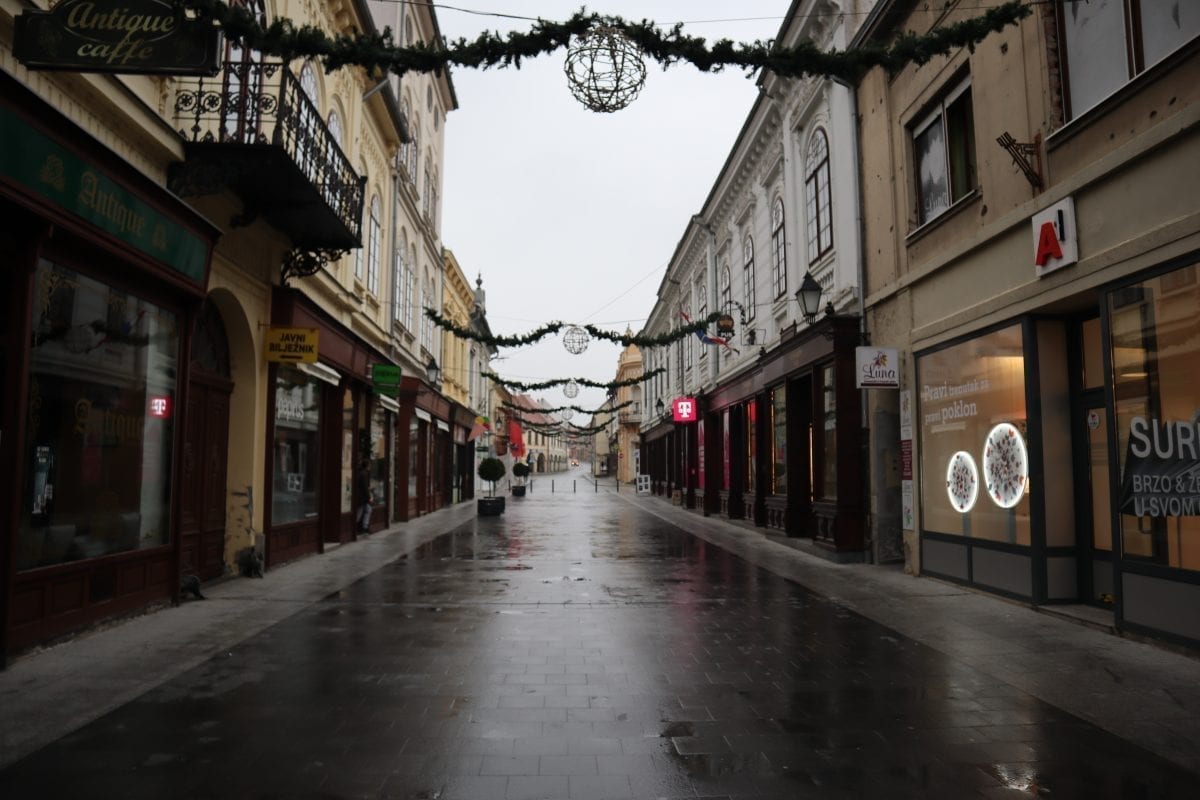
On the other hand, an important example is the text where the subject is Serbian journalist Dejan Anastasijević, written based on a report by Vice. Along with his account of events in Vukovar, his journalistic accomplishments are listed near the end of the text; information is also given about the pressures he faced because of his antiregime reporting, concluding with the explanation of the circumstances of his death. This example shows that the author of the text invested time and effort to present his subject with respect and collegiality in order to confirm his theses.
19 texts about Boris Milošević without a statement from Boris Milošević
When it comes to the objects of the texts, i.e., the persons written about, the most frequent ones are, again, politicians. More was written about politicians’ behavior than about the victims or current citizens of Vukovar. In 19 texts, the object is Deputy Prime Minister Boris Milošević, and the attitude of the subject toward the object was usually affirmative. An exception to this rule is the early statements of Vukovar mayor Ivan Penava, who did not approve of Milošević coming to Vukovar. However, after other politicians praised this act, Penava adjusted his rhetoric.
The disproportionate ratio between Milošević’s role as subject and object is noticeable. In other words, although he was most reported about, he personally gave statements only twice, and that was when the media reported his Facebook post.
In all the media analyzed, journalists rarely brought new and original interviewees that rarely speak on this subject, nor did they try to bring a new perspective on the matter. Exceptions to this are a text in which journalists from three different Vukovar media talk about the current situation in the city and a text in which children explain what is special about Vukovar and why their peers should visit it. This approach should be aspired to instead of the usual depiction of Vukovar citizens as a homogenous mass and reporting about them once a year. In the long run, that kind of approach creates a social barrier toward them which suggests that their problems and everyday life are different than those of other Croatian citizens.
Jasenovac – tragedy swept under the carpet
As in previous years, mainstream news portals in Croatia did not give much attention to the commemoration in Jasenovac. In 2020, a total of 12 texts on this subject were published between April 21st and 23rd on the three most read news portals. In our opinion, this sample is not representative for the analysis of the media discourse, so, instead of the commemoration, we analyzed the reporting about the film Dara of Jasenovac, which concerns the same theme but was covered much more by the media.
The film is a historical drama which premiered in early 2021, directed by Predrag Antonijević and with a screenplay by Nataša Drakulić, based on the testimonies of surviving prisoners of Jasenovac concentration camp. It was the Serbian candidate for the Academy Award and the Golden Globe, while the actress playing Dara, Biljana Čekić, was submitted for consideration for the Golden Globe for Best Actress. Due to the polarized reception of the movie, it received only the highest and lowest ratings on IMDb in a short time, causing IMDb to temporarily disable the rating option for the movie.
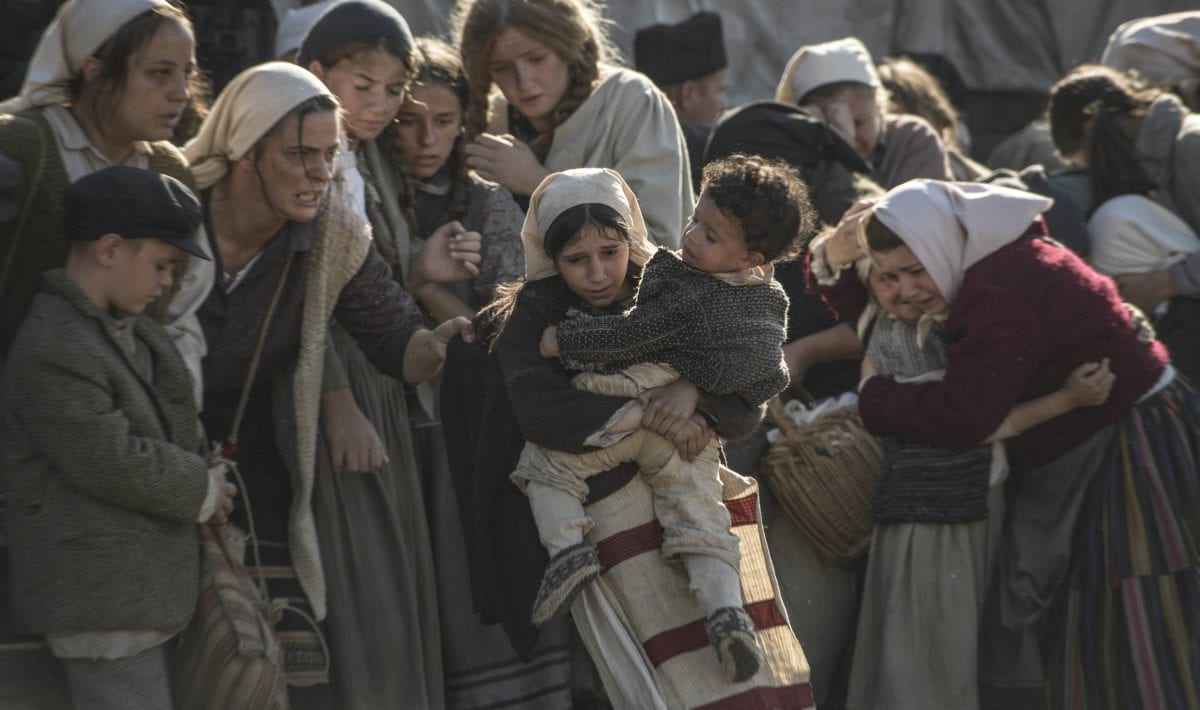
Analysis shows that 90% of the analyzed titles are sensationalist, while the remaining 10% are metaphorical. As in the Vukovar example, the media most often choose such headlines to capture the readers’ interest.
When it comes to subjects – those who spoke on this topic – the number of journalists and workers in culture is almost the same. Since the topic is a film, the presence of experts from the field of culture as subjects makes sense.
However, a qualitative analysis reveals a lack of creativity in the choice of interviewees because in all the texts where culture workers were involved, only statements by director Predrag Antonijević were used, and those were direct quotations from his appearances in other media. In other words, none of the three most read news portals in Croatia contacted Antonijević to get a statement in the analyzed period.
In 80% of the cases, the attitude of the subject toward the object was negative, i.e., the portals wrote negatively about the movie, and it was received negatively in the Croatian public.
The analyzed portals did not focus on reporting about Dara of Jasenovac as a film. This fact is actually secondary, while primacy was given to theories about political propaganda and artistic plagiarism, while hate speech, subtle or evident, was present in every text.
The only exception to this practice is the statements of historian Hrvoje Klasić: “In everything about the movie – the statements of the director, screenwriter, Serbian politicians – I see both Serbian nationalism and political propaganda. But I see neither nationalism nor propaganda in the film itself because it firmly and clearly shows there is no equating Croats with Ustashe and no mention or manipulation of numbers in Jasenovac concentration camp.”
Moreover, the criticism of the movie treats it as a documentary and not a feature film based on true events. The choice of words shows that one of the aims of the analyzed texts is fomenting hatred, beginning with readers’ comments, which has a long-lasting negative effect on the relationship between the two countries and undoes others’ efforts to improve it.
(This text is a summary of an extensive analysis we will be glad to send upon request to interested readers if they wish to know more about this subject.)
Translation from Croatian: Jelena Šimpraga
